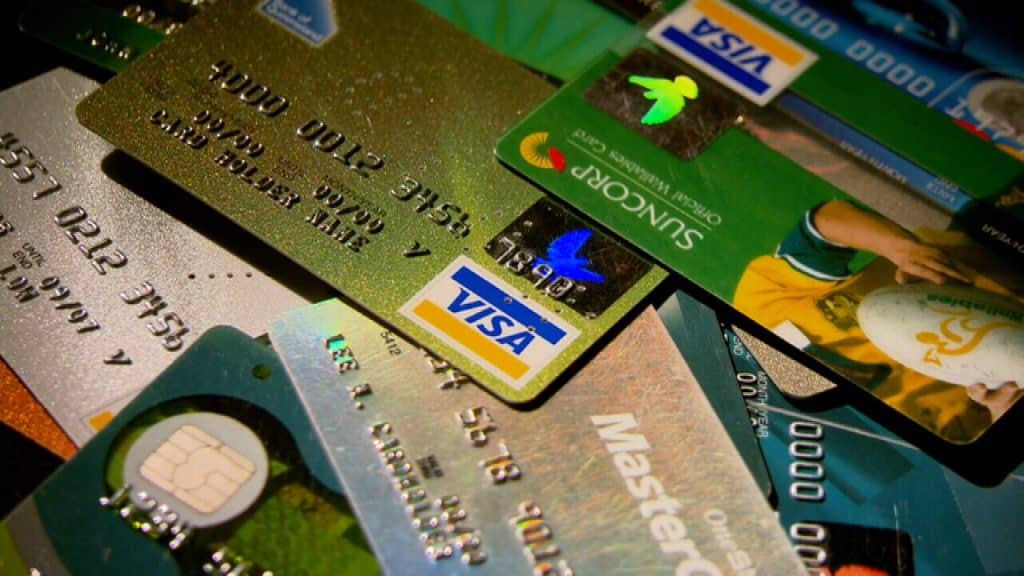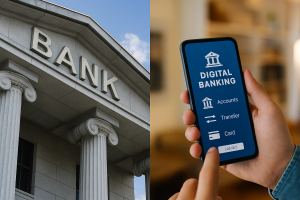
5 Ways to Use Credit Cards Wisely
In the fast-paced world of personal finance, credit cards have become essential tools for managing day-to-day expenses and building a strong credit history. However, like any powerful tool, credit cards should be handled with care to avoid potential financial pitfalls. In this article, we’re going to explore “5 Ways to Use Credit Cards Wisely.” Whether you’re a seasoned credit card user or just starting your financial journey, these strategies will help you harness the benefits of plastic while avoiding common traps.
1: Pay Your Balances in Full Each Month
When it comes to credit cards, the cardinal rule is to pay your balances in full each month. This is the golden ticket to avoiding sky-high interest rates and mounting debt. Remember, “if you play with fire, you’ll get burned.” Here’s why paying in full matters:
- Interest is a Wallet-Eater: When you carry a balance on your credit card, the issuer charges you interest on that unpaid amount. These interest charges can quickly snowball, leaving you in a financial bind. Don’t let your hard-earned money go up in smoke!
- Credit Score Impact: Carrying a high credit card balance relative to your credit limit can hurt your credit score. Your credit utilization ratio, the amount of credit you’re using compared to your total credit limit, should ideally be below 30%. A lower ratio reflects positively on your creditworthiness.
- Fee Frenzy: Missed payments and high balances can trigger late fees, over-limit fees, and other pesky charges. These fees are like hidden landmines waiting to explode your budget.
So, remember to “cut your coat according to your cloth” and only charge what you can afford to pay off in full at the end of the billing cycle.
2: Create a Budget and Stick to It
Using a credit card wisely requires discipline, and the best way to exercise that discipline is through budgeting. “If you fail to plan, you plan to fail.” Let’s check how you can create a budget that keeps you on track
- Track Your Expenses: Start by analyzing your monthly expenses. Categorize them into essentials (like rent/mortgage, utilities, groceries) and non-essentials (like dining out, entertainment, shopping). Knowing where your money is going is the first step towards smart spending.
- Set Spending Limits: Assign specific limits to each spending category based on your income and financial goals. Be realistic and ensure your credit card usage aligns with your budget.
- Emergency Fund: Build an emergency fund to cover unexpected expenses. This way, you won’t be tempted to use your credit card for emergencies, which can lead to a cycle of debt.
- Regular Check-Ins: Review your budget regularly to track your progress and make adjustments as needed. “Don’t put all your eggs in one basket” – diversify your spending to stay balanced.
Budgeting isn’t about restricting yourself; it’s about making informed choices and directing your money toward what truly matters to you.
3: Take Advantage of Rewards and Cashback
Credit cards offer various rewards programs and cashback incentives. “Don’t leave money on the table” – make sure you’re reaping the benefits of your plastic.
- Select the Right Card: Choose a credit card that aligns with your spending habits and lifestyle. If you travel frequently, a travel rewards card might be your best bet. If you’re a homebody, a cashback card for everyday purchases may be more lucrative.
- Maximize Rewards: Understand the rewards program associated with your card. Some cards offer higher rewards for specific categories like groceries, gas, or dining. Use your card strategically to earn more rewards in these areas.
- Redeem Wisely: Don’t let your rewards accumulate dust. Redeem them regularly, whether as statement credits, cashback, or discounts on future purchases. “A penny saved is a penny earned.”
By using your credit card strategically, you can turn your everyday spending into valuable rewards that can fund your next vacation or help you save for a rainy day.
4: Be Cautious with Credit Limit Increases
When credit card companies offer to increase your credit limit, it can be tempting to accept. After all, more credit means more spending power, right? Well, not always.
Here’s why you should approach credit limit increases with caution:
- Increased Temptation: A higher credit cards limit can lead to increased spending if you’re not careful. “With great power comes great responsibility.” Don’t let a higher limit lure you into unnecessary purchases.
- Credit Score Impact: Every credit limit increase involves a hard inquiry on your credit report. While this might have a minimal impact, too many inquiries in a short period can lower your credit score.
- Debt Trap: A higher credit limit can lead to higher credit card balances if not managed properly. Remember, you still have to pay off whatever you charge, and higher balances mean higher monthly payments.
Before accepting a credit limit increase, evaluate your financial situation and spending habits. Only take it if you’re confident it won’t lead to irresponsible spending.
5: Monitor Your Statements and Credit Report
To use your credit card wisely, you need to stay vigilant. “Trust, but verify.” Here’s some tips on how you can do it safely.
- Statement Scrutiny: Regularly review your credit card statements for errors, unauthorized charges, or suspicious activity. Report any discrepancies to your issuer promptly.
- Check Your Credit Report: Obtain a free copy of your credit report annually from each of the three major credit bureaus. Review it for accuracy and address any inaccuracies promptly. A clean credit report is vital for your financial health.
- Set Alerts: Many credit card issuers offer account alert services. Set up alerts for large purchases, payment due dates, and any unusual account activity. This proactive approach can help you catch and address issues early.
- Identity Theft Protection: Consider enrolling in an identity theft protection service to safeguard your personal and financial information.
By staying vigilant, you can catch problems before they become financial disasters and keep your credit card usage in check.
Frequently Asked Questions about credit cards
Knowledge is power, in other words, it is very important to know about what you are doing. Especially if we are talking about money. So, let’s check some common answered questions below:
- Can I use my credit card for all my expenses?
While you can use your credit card for many expenses, it’s essential to be selective. Ensure you can pay off the balance in full each month, and don’t rely on it for essential living expenses like rent or mortgage.
- Is it a good idea to carry multiple credit cards?
Carrying multiple credit cards can be beneficial for earning different types of rewards and improving your credit utilization ratio. However, it also requires more discipline to manage multiple accounts responsibly.
- What should I do if I can’t pay my credit card balance in full?
If you can’t pay your balance in full, pay as much as you can to minimize interest charges. Consider reaching out to your issuer to discuss options like a payment plan or a lower interest rate.
The importance to use credit card wisely
Using credit cards wisely is a skill that can have a profound impact on your financial well-being. By paying your balances in full, budgeting effectively, maximizing rewards, being cautious with credit limit increases, and staying vigilant, you can make your plastic work for you, rather than against you. Remember, “money talks,” and with the right credit card strategy, it can speak volumes about your financial success.



